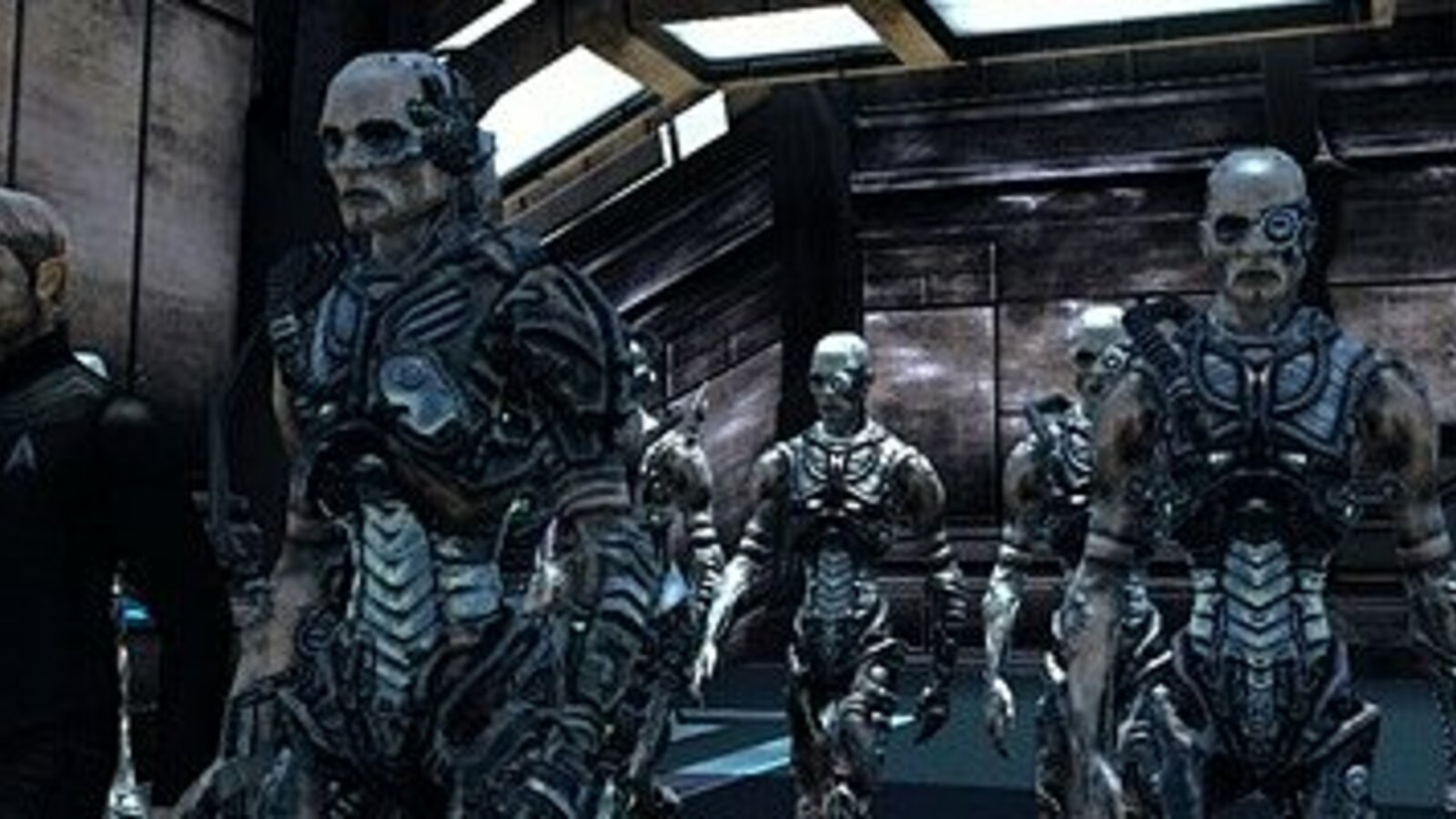The only point of the self is to escape from it. What other point could there be? There is no other point. The only point to confusion is to become unconfused and the only point to the self is to escape from it. This isn’t to say that we shouldn’t explore what happens when we don’t escape from it, of course. By all means we should explore what happens when we don’t escape from the self…
That’s what life is all about, after all. Life is all about exploring its possibilities! What possibilities are there for us when we don’t escape from the self? We think that there are lots and lots of possibilities there for us and we can’t wait to explore as many of them as we can. That’s only natural – that is the movement of life itself. Exploration is what life is all about. All those possibilities are calling out to us, so why wouldn’t we respond?
There aren’t any possibilities for us when we don’t escape from the self however and that’s the point that we are making here. The only possibilities available are ‘possibilities for the self’ – that is all the self is ever interested in, after all. What other possibilities would the self be interested in, after all? What other possibilities could the self be interested in? When the self is interested in something it is interested in what the implications of that ‘something’ are for it, and that’s the end of the matter. If we can’t see this then we can’t see anything! This therefore is a glitch – it’s a glitch that we can’t ordinarily see, it is true, but it’s a glitch all the same.
The self always reduces all the possibilities of life down to the one possibility – this can’t be avoided because that’s what the self is. This is the very mechanism of the self and it has no other. This ‘reduction of reality to what is relevant to it’ is the precise mechanism of the self and that is really all we need to know about it. That’s the long and the short of it. The problem with this (the problem that creates the glitch that we’re going on about) is that life can’t be reduced down (or ‘filtered down’) in this way. It’s ‘all or nothing’, just as reality is ‘all or nothing’. We can’t break reality up into parts in such a way that each part (specifically, the part that suits the self) is still real; we can’t reduce life down to just what it appears to be to the one viewpoint we have chosen without it ceasing to be life. It becomes no more than a ‘dead reflection of our own implicit assumptions’, in this case.
Another way of putting this is to say that life lies in disagreement not agreement! Reality is what we don’t expect not what we do expect, and the thing about this is that when we look at the world from ‘only the one viewpoint’ (and dismiss all the others) then all we are ever going to see is what we expect. The world is always going to be in agreement with the assumptions that we have made in order to look at it; our ‘view’ will always accord with ‘our viewpoint’, in other words. How can it not? When <A> equals <E> then this creates a closed loop of self-agreement and that ‘closed loop of self-agreement’ constitutes the sense that we have of having a ‘fixed or concrete identity’.
We can say two things about this concrete sense of identity (this sense of identity that comes about as a result of our taking only the one viewpoint on the world) – [1] is that it is a tautology because self-agreement isn’t the basis of anything real, and [2] is that we are very attached to it – very attached indeed, in fact! Once we take a look at these two statements we can see that they really do seem to ‘ring a bell’ as regards the everyday self or ego! Once we put these things two things together (the fact that we are what we are talking about is unreal or ‘empty’ and the fact that we are very attached indeed to it) then everything starts to fall into place. What else could we possibly be talking about other than the everyday self or ego?
The self creates itself by living in that narrow little world which is the exact reflection of its own assumptions, and it arranges this cosy situation by making very sure only to look at things via the one viewpoint. The ‘world’ it sees when it does this isn’t real however and neither is it in that world. The whole package is bogus. Obviously the whole package has to be bogus; we couldn’t have one part of it being real and the rest of it not real – that wouldn’t work at all. ‘Truth’ (or ‘reality’) only starts to show itself when there is a disagreement, a lack of consistency, a mismatch between ‘actual’ and ‘expected’ and that happens just as soon as we stop automatically dismissing all other possible viewpoints. When we let all other possible viewpoints into the picture <A> never does equal <E> and so there is no longer any tautology there.
Instead of the tautology of our viewpoint automatically being confirmed there is something else and that ‘something else’ is reality! There are no possible ‘avenues of experience’ for the self in reality because nothing relates to the self here, nothing has any bearing on the self here. Nothing has any bearing on the self in reality, or any ‘relevance’ to it, for the simple reason that the self isn’t real. Fixed points are abstraction from the Whole and the self is just such a fixed point. What could be plainer and easier to understand than that? Looking at this the other way, the only sort of possibilities that the self will be interested in exploring are those that possibilities that have some sort of relevance to itself and these possibilities are therefore bound to be unreal. How can life when it is considered from the unreal perspective of the self be anything other than unreal? If life is lived on the basis of an ‘imaginary centre’ – which is what the self is – then whatever it is that is being lived isn’t actually life. It’s something else, it’s a fantasy.
So when we explore – truly explore – all the possibilities that are available to the self in life we discover (eventually, perhaps – certainly not very quickly anyway) that there aren’t any. We discover – in due course – that there aren’t any at all! Anything done from the POV of the self is fantasy (or folly) and everything seen from the POV of the self is an illusion, is a hallucination. I discover that I am heir to a Hollow Kingdom! Having discovered this, the question becomes not ‘What can I obtain or experience on the basis of the self?’ but ‘How can I escape from the self?’ This really is the trickiest of all questions to consider. Whatever the self does to try to escape itself it merely ties it up tighter in the very same knot. If the knot was bad before then it can only get a hundred times worse when we try to extricate ourselves from it! And then there’s the other question, the question we haven’t even thought of yet, which is ‘Who is it that escapes from the self, anyway?’
Art: thisiscolossal.com





